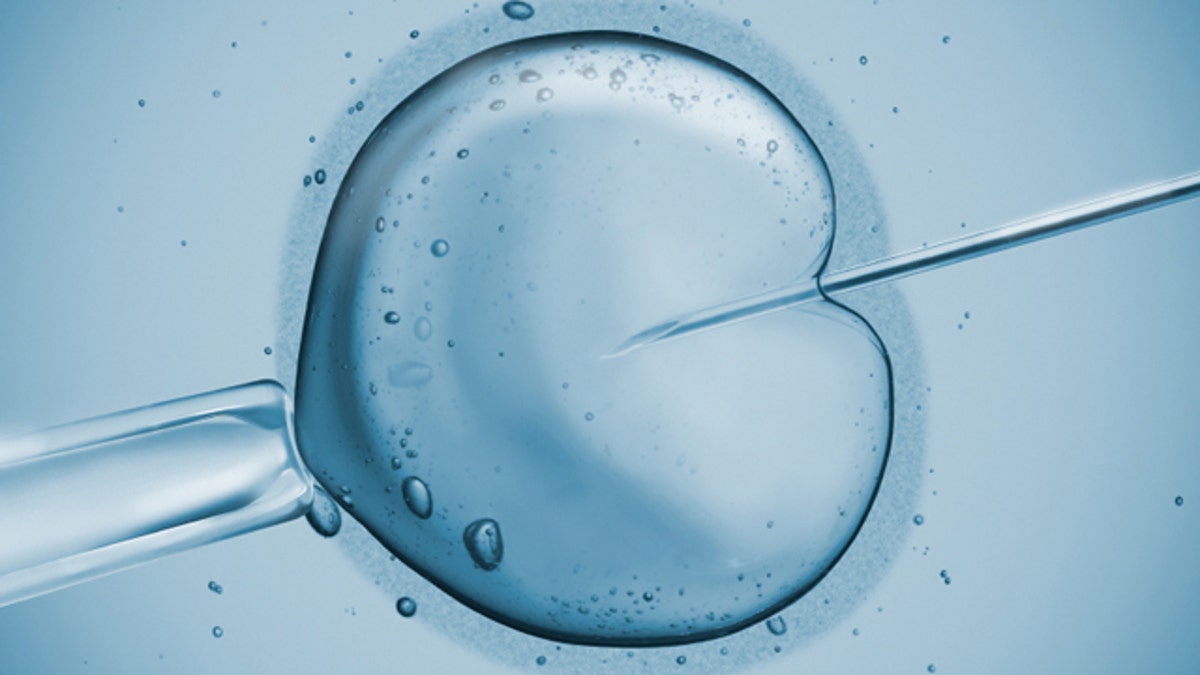
The use of a popular assisted reproduction technique for male infertility has doubled in the past 16 years, but a new study from the Centers for Disease Control and Prevention (CDC) finds the procedure wasn’t linked to improved reproductive outcomes.
Intracytoplasmic sperm injection (ICSI) is an IVF procedure in which a single sperm is injected directly into an egg. ICSI was introduced in 1992 for the treatment of couples with male factor infertility caused by abnormal semen characteristics, abnormal sperm function, or surgical sterilization. The procedure was also the first to make paternity possible for men with no measurable sperm count.
According to the CDC, nearly 5 million men under age 45 have reported seeing a fertility doctor during their lifetime.
A team of researchers at the CDC analyzed national trends and reproductive outcomes of fresh IVF cycles (embryos transferred without being frozen) comparing ICSI with conventional IVF. Data was from the U.S. National Assisted Reproductive Technology Surveillance System from 1996 to 2012.
They found that over 65 percent of the 1,395,634 fresh IVF cycles during the study period used ICSI. Among those cycles, ICSI used in those without male factor infertility increased more than 51 percent.
Although cases of ICSI more than doubled, researchers found ICSI use was associated with decreases in successful implantation, pregnancy, live birth and multiple live birth, compared with conventional IVF.
Dr. Sheree Boulet, lead study author and health scientist in the CDC’s Division of Reproductive Health told FoxNews.com that ICSI is still an effective and appropriate treatment for me who suffer from male factor infertility, but the issue is that the procedure is increasingly being used for patients who don’t have the diagnosis.
“We don’t know why ICSI use is increasing in patients without male factor infertility. It’s possible that ICSI use was indicated for reasons that we could not capture in our study, such as having poor quality eggs,” Boulet said. “Patient request or physician preference are other possible explanations for the increasing use of ICSI.”
Unlike conventional IVF, ICSI bypasses natural barriers to fertilization, thereby increasing the possibility of the transmission of genetic defects. Boulet said the procedure also comes with a higher price tag, adding approximately $1,500 to the cost of an IVF cycle.
More studies are needed to further evaluate the safety of ICSI, according to Boulet, but in the meantime the study results might influence doctor recommendations for male infertility.
“In light of our findings that use of ICSI did not improve outcomes for patients without male factor infertility, physicians may decide to more thoroughly discuss the potential risks and benefits of using ICSI with their patients.”
The study results are published in the January 20 issue of JAMA.
